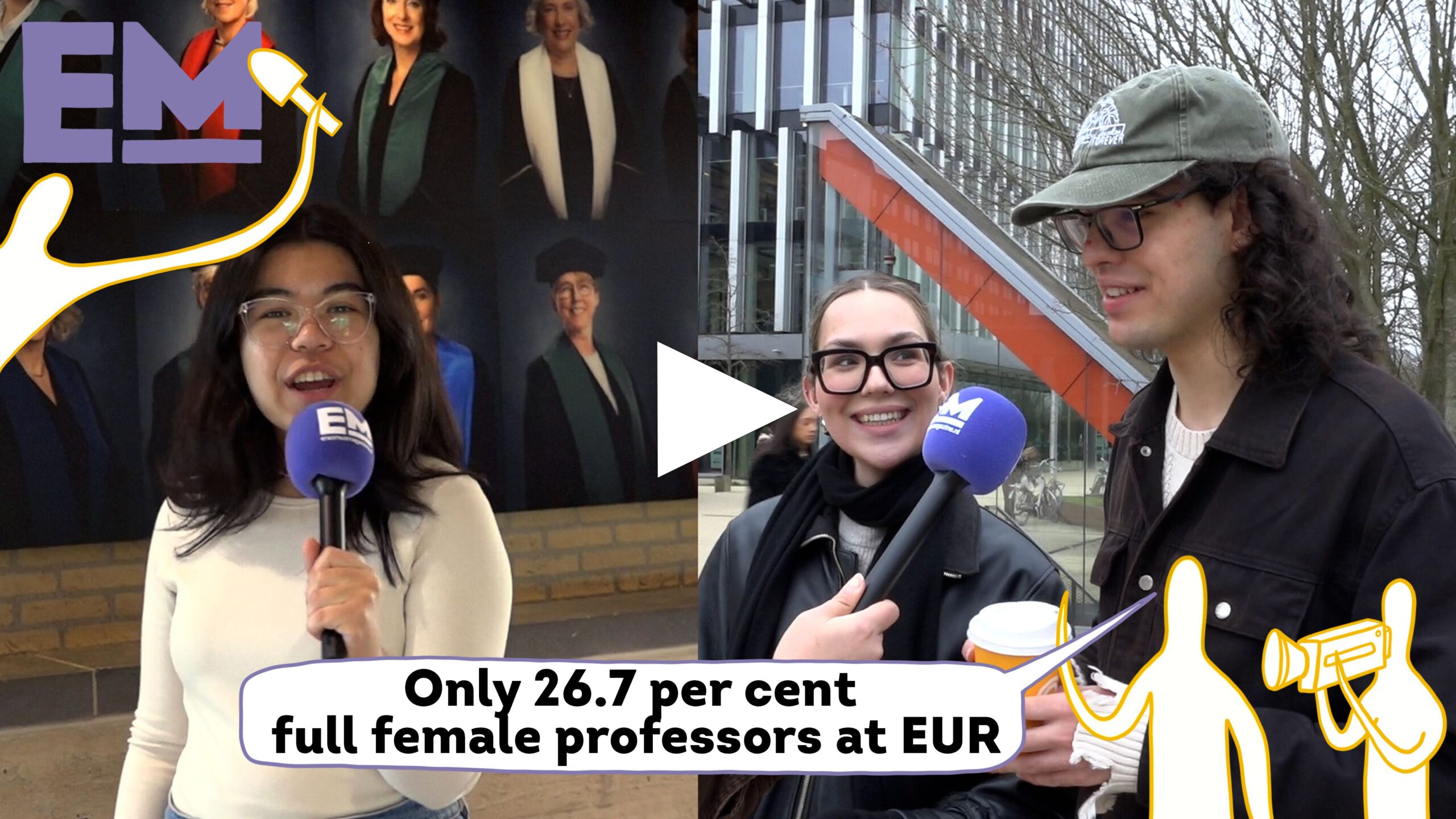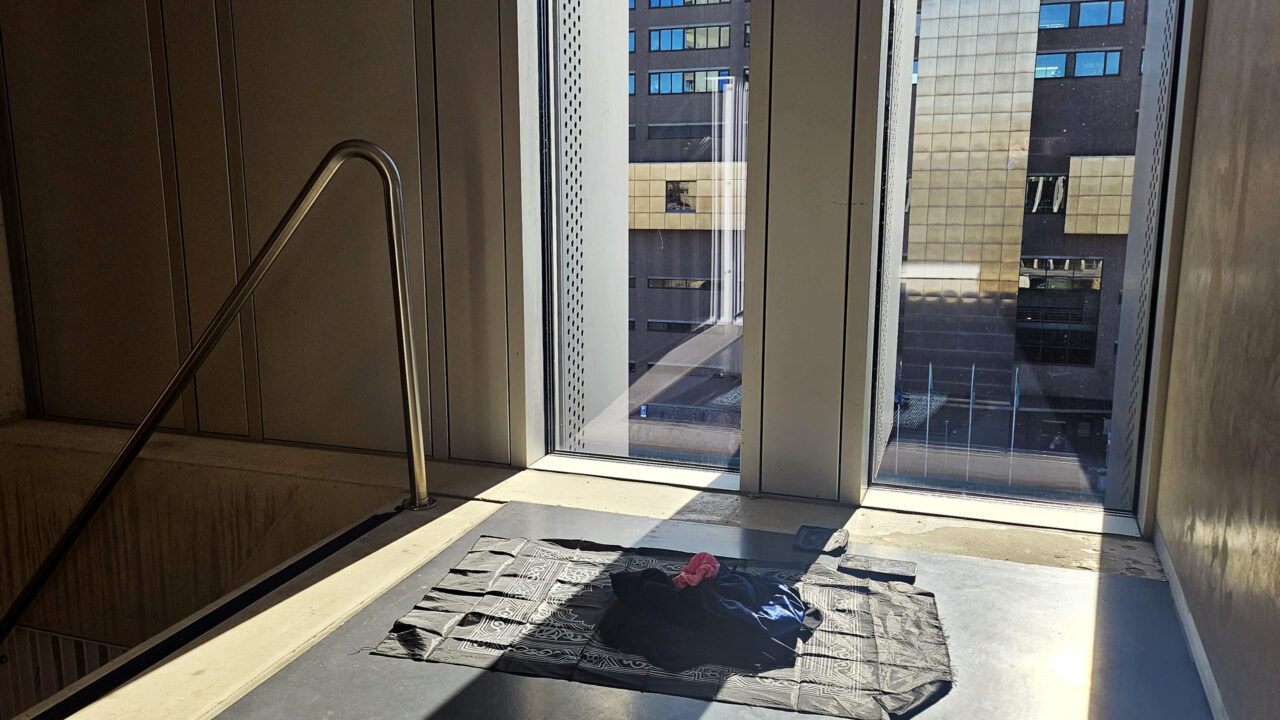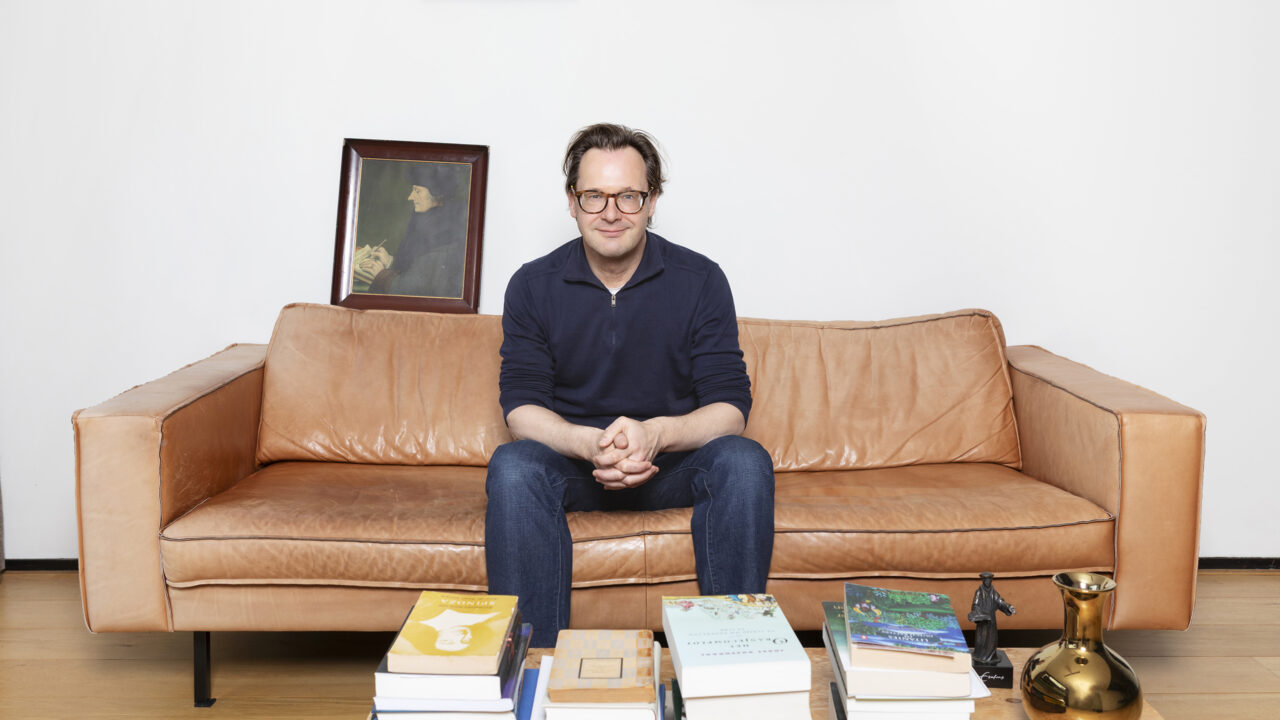Why standing up to an abusive supervisor is inspiring to colleagues
How do people in the workplace respond to abuse or praise by their supervisor? Benjamin Korman investigated this for his PhD at the Rotterdam School of Management.
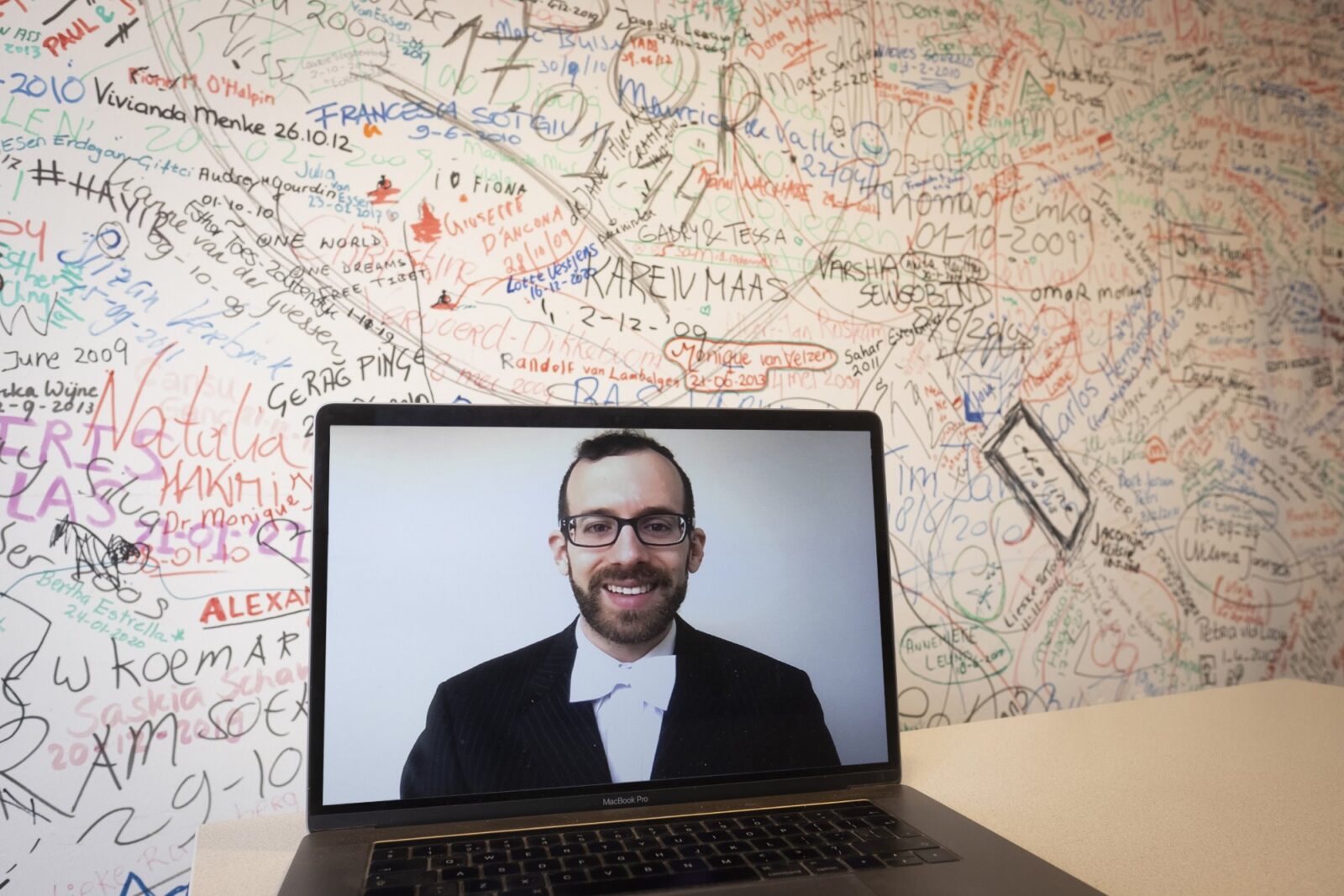
Image by: Levien Willemse
More PhD defences
- ‘I hope my research will give some attention to all the unpaid care’
- War tourism is much more diverse than I thought it would be’
- Using soaps, entertainment and influencers to promote healthy, pro-social behaviour
What’s your dissertation about?
“It’s about leader-subordinate relationships, and how interactions between these two have effects on subordinates and their teammates. More generally, you could say I looked into the social environment of the workplace and what role that plays.”
“Two of my three projects were about abusive supervision. That’s behaviour where for example an employee is publicly denigrated, or does not get praise for a project that required a lot of time and effort. Or when employees are separated from their co-workers and are not allowed to socialise with each other. The third project looked into when employees feel they receive more support from their supervisor than their co-workers. In both cases we looked at both negative and positive effects.”
How did you conduct your research?
“I ran experiments and did field studies in the form of surveys. I followed certain employees over time to see how occurrences during their workday predicted the way they felt and acted in the workplace. Since I was investigating abusive relationships, it would not be ethical to expose employees to abuse. Thus, we used hypothetical scenarios in the experiments, asking workers how the scenarios made them feel and motivated them to act.”
‘When you treat someone better then the rest, they get a sense of superiority and start treating their colleagues badly’
What were your most notable findings?
“I found that employees who are spared abuse while their co-workers are not, respond poorly to that situation and are motivated to leave the organisation. That’s slightly counter-intuitive since you would think that being treated with less abusive would be a motivation to stay. But the fear that your co-workers see you in a negative light weighs more heavily.”
“A second finding is that when employees perceive that they have a better relationship with their leader, they might be motivated to undermine their co-workers. That’s very interesting because it shows that when you treat someone better then the rest, they get a sense of superiority and start treating their colleagues badly. The difference with the first finding is that, in that case, the employee is spared abuse, and in this case they think they are treated with more praise.”
“In the third project we found that when a victim is abused and stands up to the supervisor, it’s inspiring for observers and these observers are more likely to act in a positive way towards the victim and abusive supervisor, as opposed to when the victim doesn’t stand up.”
How did you end up doing this PhD?
“I studied neuroscience for six years and did my master’s in Leiden. I was very surprised when on our first day of the master our professor asked how many people wanted to do a PhD, that in a class of twenty, I was one of the two who didn’t raise their hand. I was just taking it one step at the time. But I really, really like reading and obviously learning things is nice. I couldn’t think of a better job than getting paid to read a lot and learn, and that’s the PhD. As for the subject: I worked in a neuroscience lab for a year after my master’s, but it wasn’t for me. I was more interested in social interactions and relations. It just so happened that my PhD was funded in such a way that the research focused on organisations.”
‘I grew up in California and going years without seeing my closest friends and family made it difficult’
Did you find the PhD challenging?
“Yes. The quality of work expected from me was very high as the goal was to publish papers in the best journals of our field. Also, I grew up in California and going years without seeing my closest friends and family made it difficult. But then again, I also met my wife during the process, she was doing a PhD as well. She’s German and we don’t plan on going back to the United States. But I’m very much ok with that.”
I read in your acknowledgements that you worked out together with your supervisor?
“Yes. He’s very active and very muscular. I’m also active but much less muscular. A lot of times we would have meetings in the gym and discuss things while running on the treadmill next to each other. It was really nice, because it helps to be creative when your blood is rushing all throughout your body. Working out definitely helped me during the PhD. Also going to the sauna was the way for me to completely let all the stress disappear. Maybe it’s because I’m from California, but for me the warmth is very comforting. Finding a way to relax is important, sweating it out was the best thing I could do.”
Read also
-
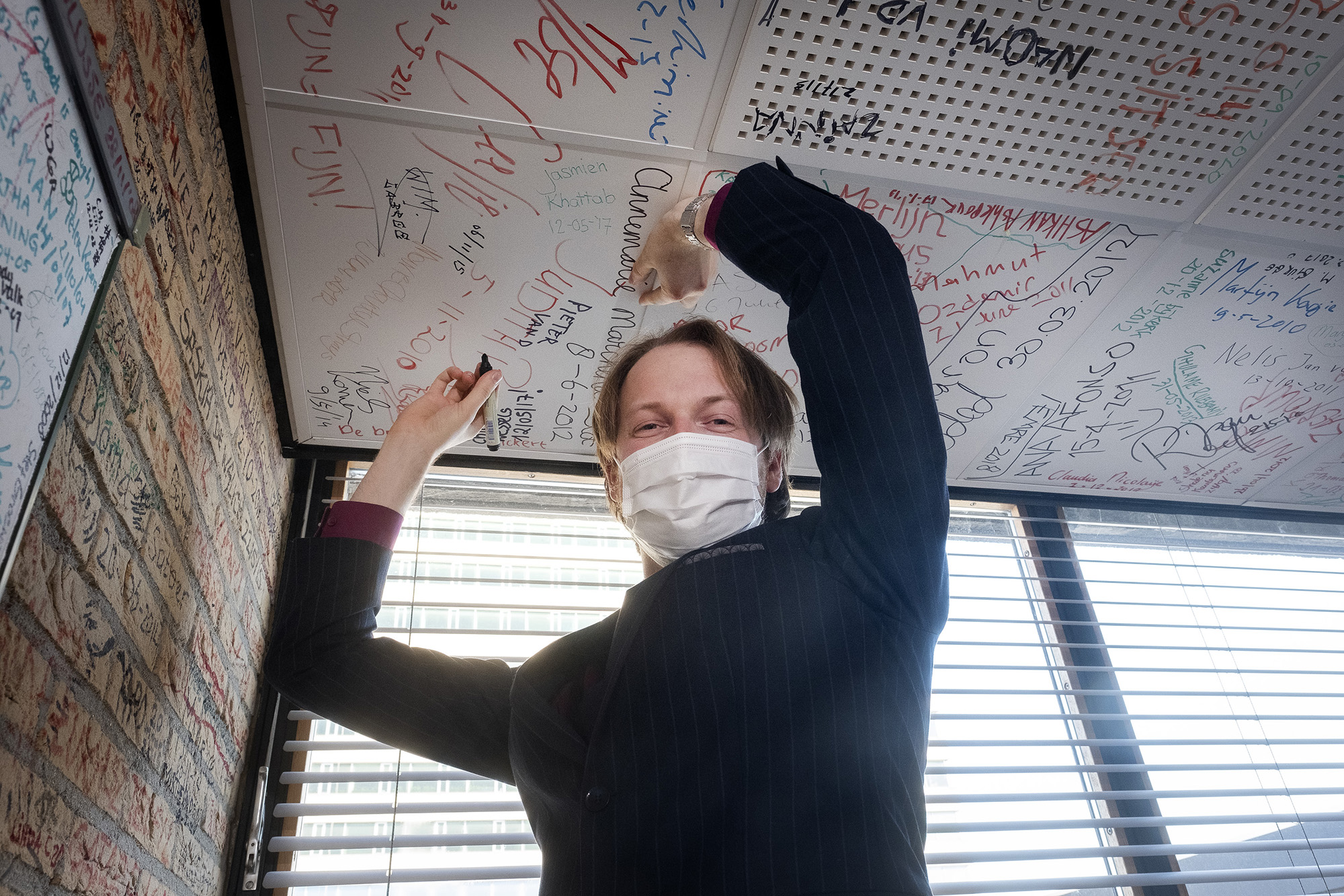
This academic researched WW2 games for his PhD
Gepubliceerd op:-
The PhD Defence
-
De redactie
-
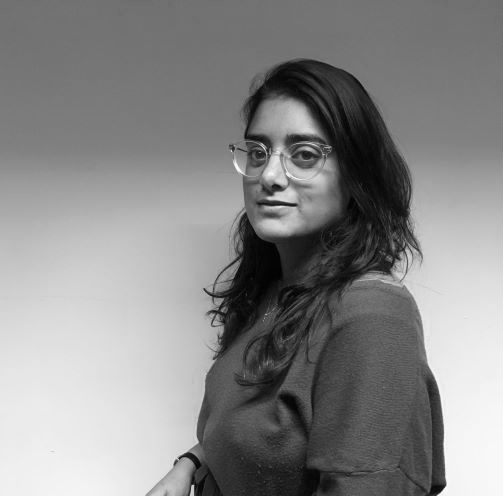 Tara Lewis
Tara LewisAuteur
Latest news
-
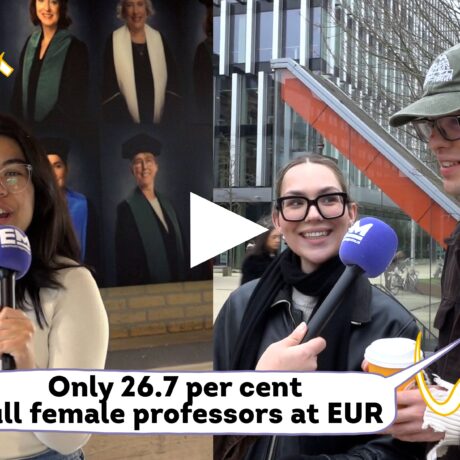
Who is your favourite female professor? ‘There should be more women in professor roles’
Gepubliceerd op:Article type: Video-
Diversity
-
EM TV
-
-
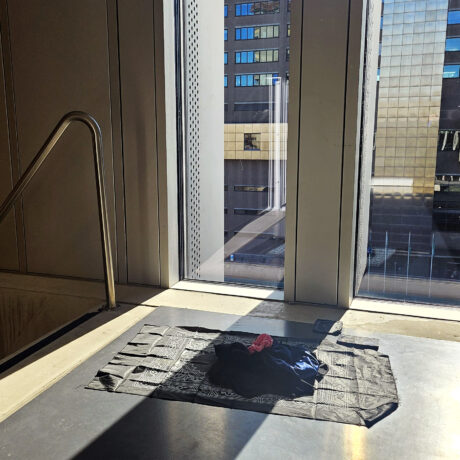
With or without a meditation room, Islamic students often go to stairwells to pray
Gepubliceerd op:-
Campus
-
-
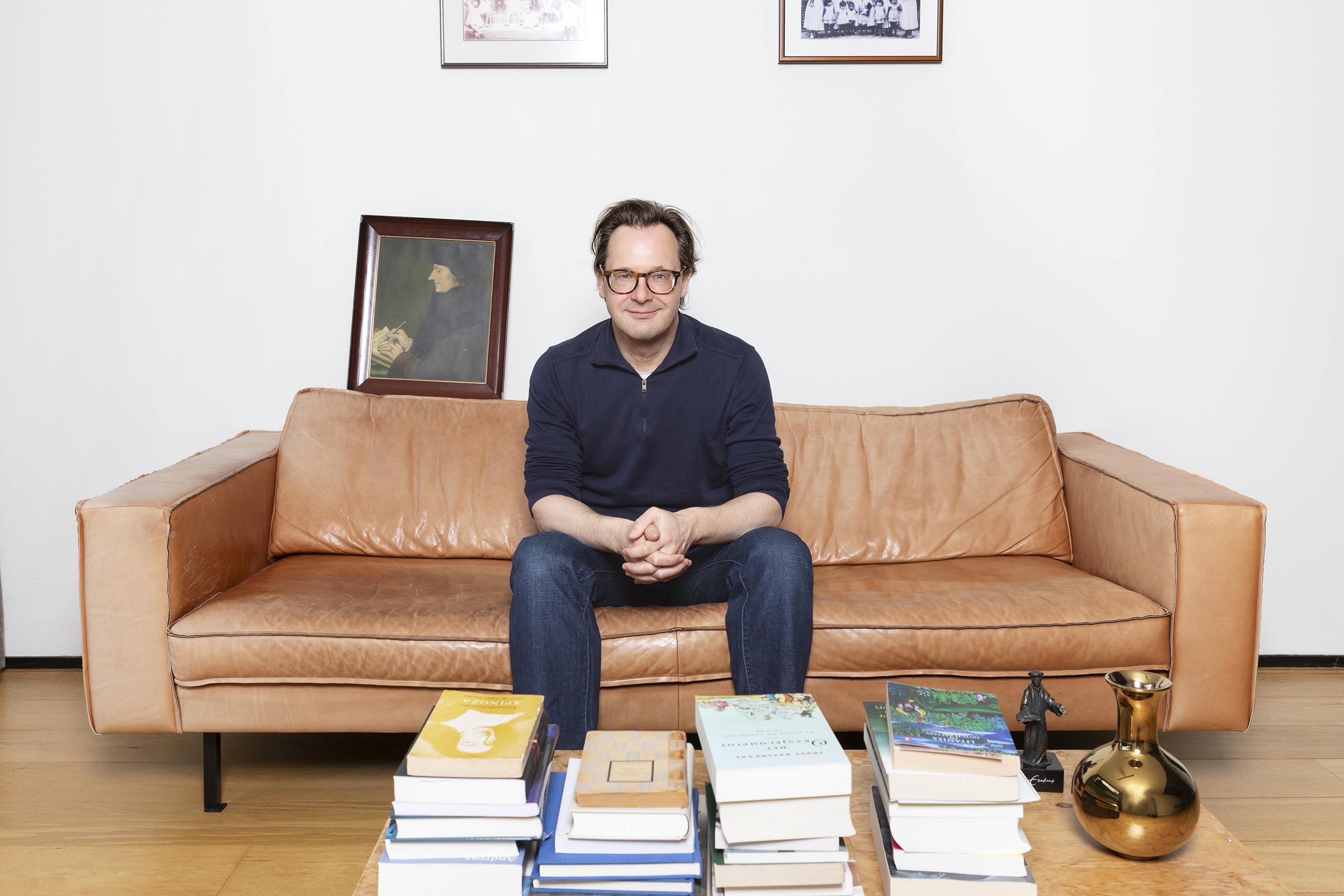
Minister Letschert and the academic tower
Gepubliceerd op:-
Column
-
Comments
Comments are closed.
Read more in The PhD Defence
-
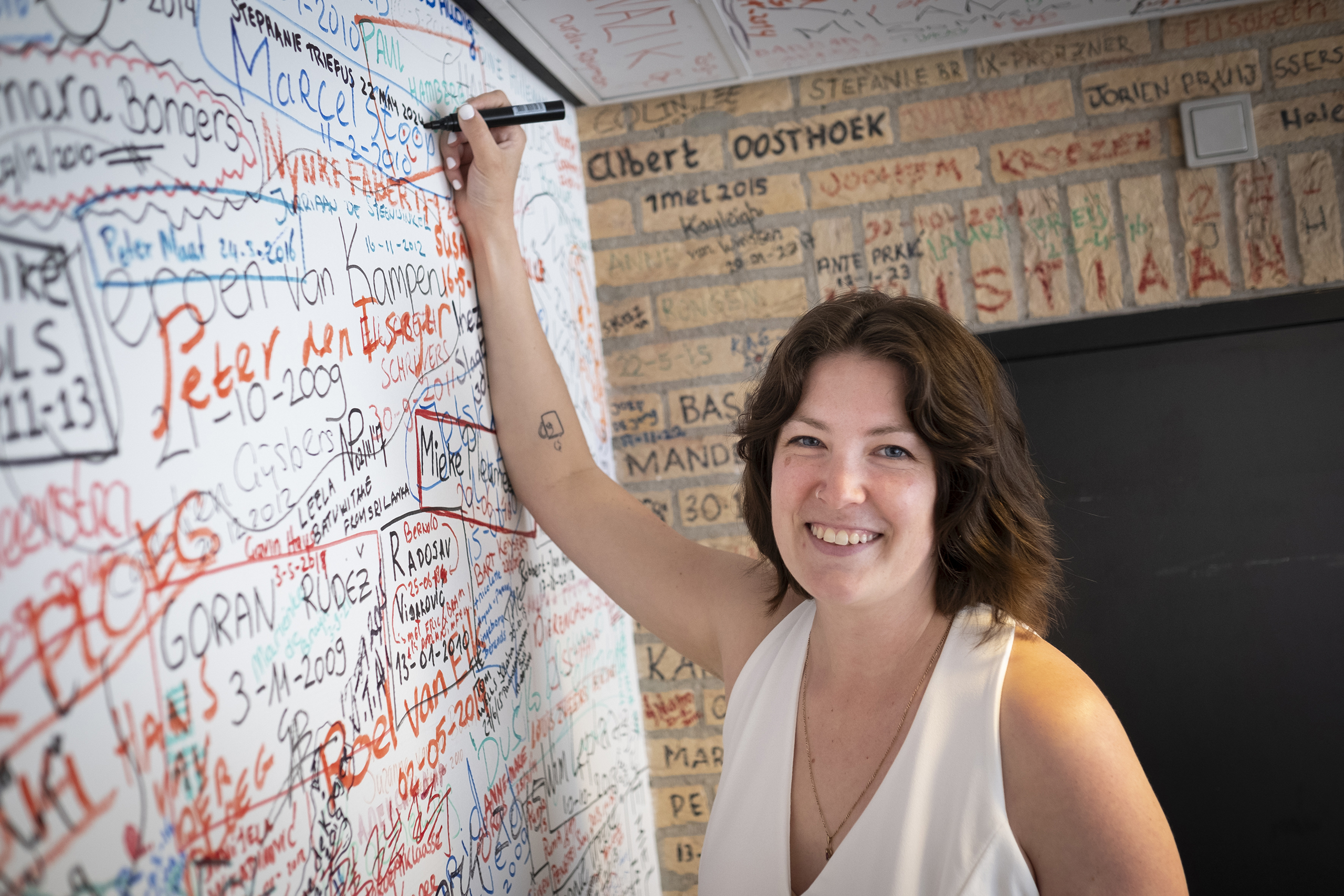
How investment treaties undermine the voices of local communities
Gepubliceerd op:-
The PhD Defence
-
-
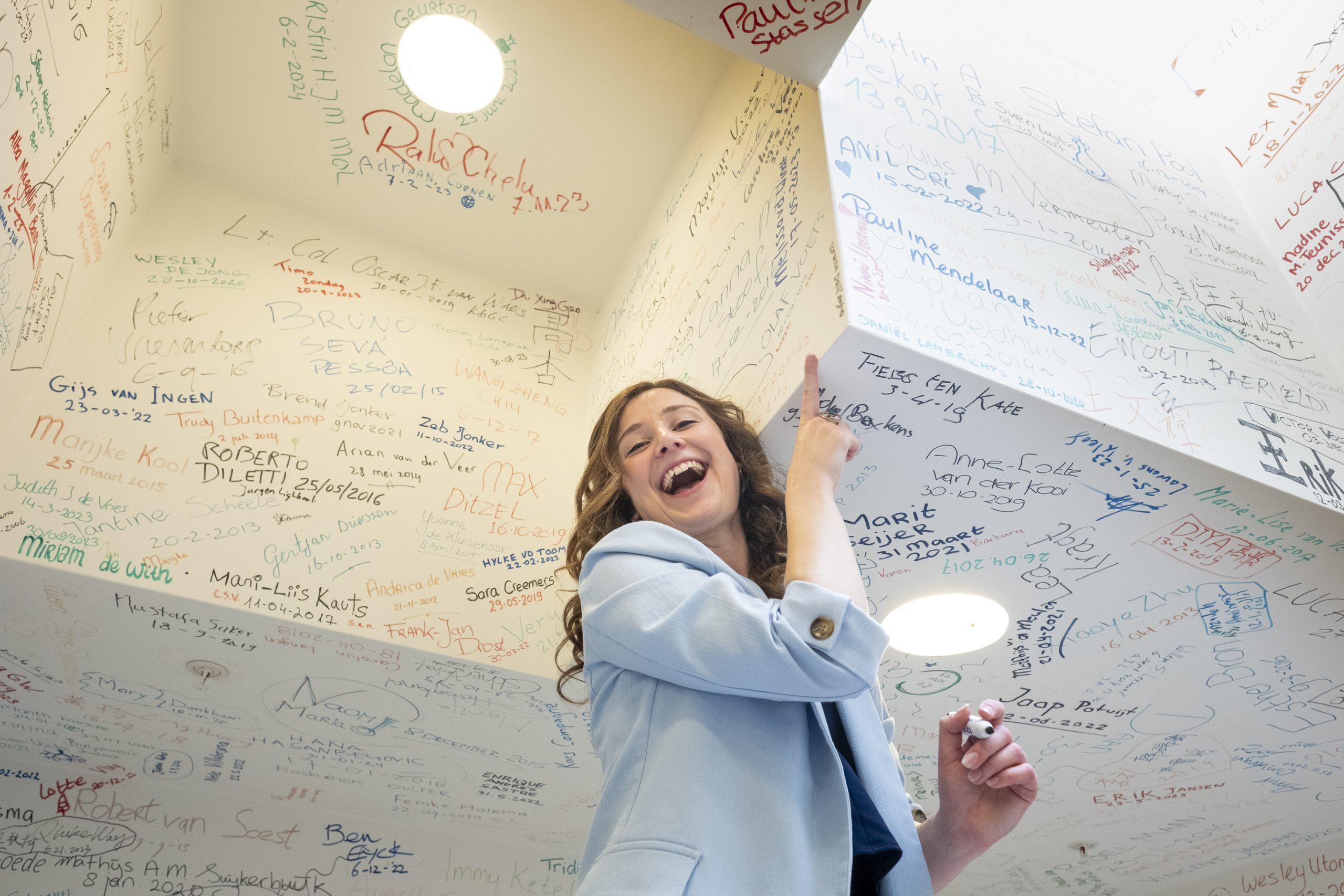
Why it is hard to find a connection between the psychiatric illness and the brain
Gepubliceerd op:-
The PhD Defence
-
-
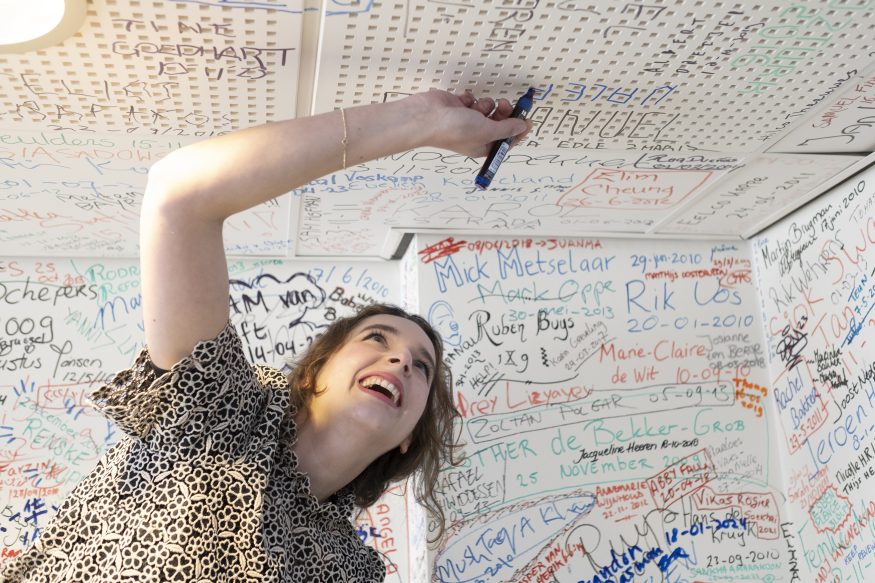
Dogs bring people with epilepsy their medicine when they can’t do it themselves
Gepubliceerd op:-
The PhD Defence
-
